Bangladeshi cinema, also known as Dhallywood, has a rich history dating back to the 1950s. Despite facing several challenges, such as limited funding and censorship issues, the Bangladeshi film industry has produced a number of critically acclaimed films over the years.
Some of the best Bangladeshi movies showcase the country’s culture, history, and societal issues. Many of these films have been recognized at international film festivals and have helped to raise the profile of Bangladeshi cinema on the global stage.
In recent years, Bangladeshi cinema has undergone a resurgence, with the emergence of a new generation of filmmakers exploring bold and diverse themes.
Best Bangladeshi Movies
From socially relevant dramas to comedies, horror films, and experimental cinema, Bangladeshi cinema has something to offer for every film enthusiast.
1. Piprabidya (2013)
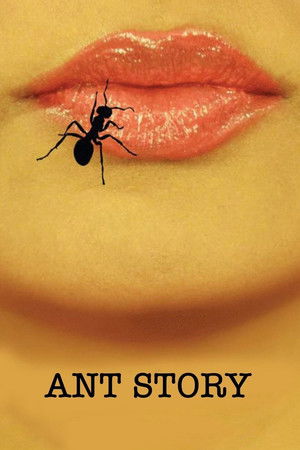
Ant Story
2013 • 1h 33min • ★ 6.2/10 • Bangladesh
Directed by: Mostofa Sarwar Farooki
Cast: Sheena Chohan, Nur Imran Mithu, Sabbir Hasan Likhon, Mohini Mou Debnath, Ghulam Sumdany Don
After realizing his stolen phone belongs to a famous actress, a scheming daydreamer uses the opportunity to blackmail her.
Piprabidya (also known as Cosmic Sex) is an Indian Bengali film directed by Amitabh Chakraborty and released in 2013. The film explores themes of sexuality, spirituality, and liberation through the story of a young man named Kripa (Rii Sen) who becomes involved with a tantric master (Satarupa Das).
Kripa, who is in a stagnant and unfulfilling relationship, becomes intrigued by the teachings of the tantric master and begins to explore his own desires and sexuality. However, he soon discovers that the tantric master’s teachings are not without their dangers and complications.
The film is known for its bold and explicit depictions of sexuality, as well as its philosophical and spiritual themes. It has been both praised and criticized for its provocative content and has been the subject of controversy in India. Despite its controversial nature, Piprabidya has been recognized for its artistic merit and has won awards at several film festivals.
2. Television (2012)
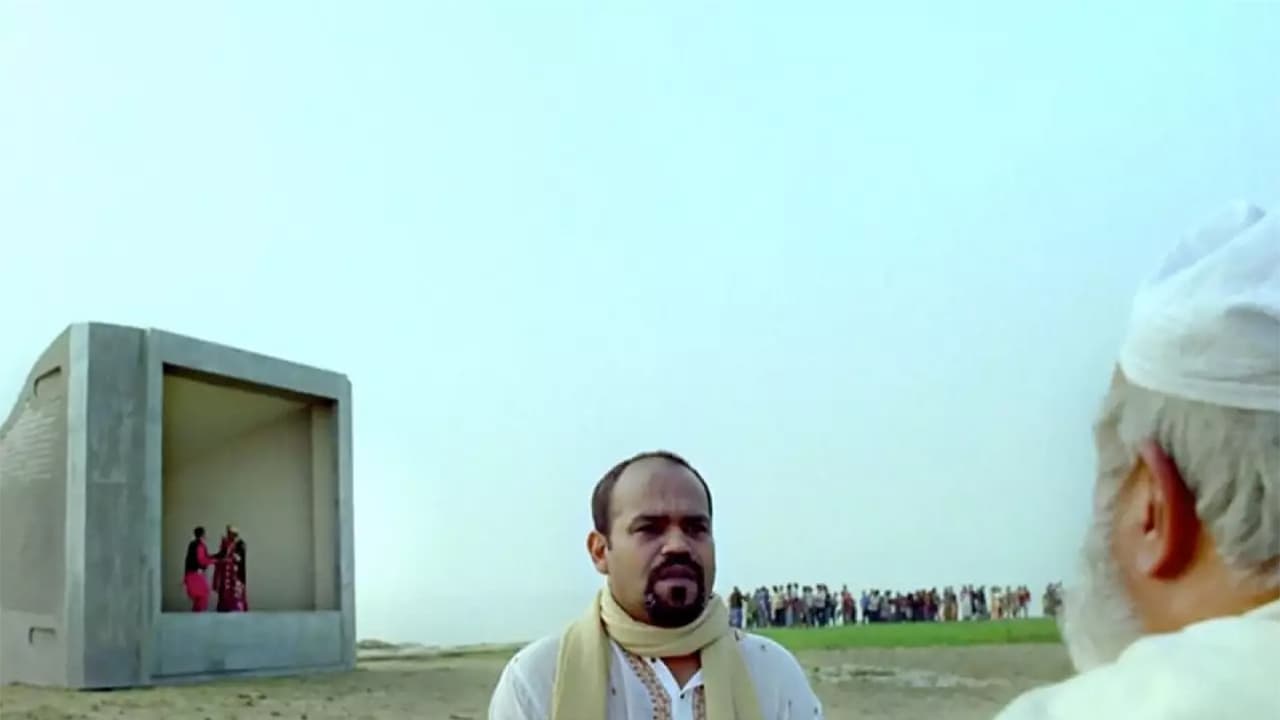
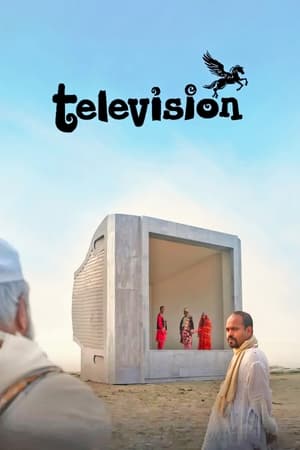
Television
2012 • 1h 46min • ★ 7.2/10 • Bangladesh
Directed by: Mostofa Sarwar Farooki
Cast: Chanchal Chowdhury, Mosharraf Karim, Nusrat Imrose Tisha, Shahir Huda Rumi, Imam Lee
A devout village leader prohibits an array of modern devices, but when his strict measures go too far, the locals rise up in popular rebellion.
“Television” is a 2012 Hong Kong drama film directed by Mostofa Sarwar Farooki. The film explores the impact of television on the lives of people in a small village in Bangladesh.
The story follows a group of villagers who become obsessed with a television set, which they believe can bring them happiness and success. As they become more and more addicted to the programs they watch, their lives begin to spiral out of control, leading to conflicts, violence, and tragedy.
“Television” is known for its powerful storytelling and its critique of the media industry’s influence on society. The film won several awards at international film festivals and is considered a landmark of Bangladeshi cinema. It also highlights the director’s penchant for exploring contemporary societal issues in his movies.
3. Jibon Theke Neya (1970)
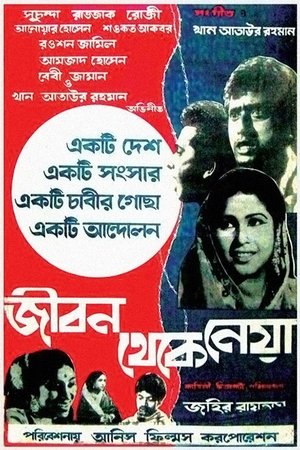
Jibon Theke Neya
PERFECT DEPICTION OF THE IDEA THAT AN INDIVIDUAL IS A NATION AND A HOUSE REPRESENTS A COUNTRY.
1970 • 2h 30min • ★ 9.3/10 • Bangladesh
Directed by: Zahir Raihan
Cast: Abdur Razzak, Suchanda, Shaukat Akbar, Rosy Afsary, Khan Ataur Rahman
A political satire of Bangladesh under the rule of Pakistan metaphorically, where an autocratic woman in one family symbolizes the political dictatorship of Ayub Khan in East Pakistan.
“Jibon Theke Neya” is a 1970 Bengali film directed by Zahir Raihan, a renowned Bangladeshi author, journalist, and filmmaker. The film is a political satire that explores the corruption and moral decay of the East Pakistani (now Bangladesh) society during the 1960s.
The story revolves around a wealthy businessman, Kazi Khaleque (played by Khan Ataur Rahman), and his family, who represent the elite class of the society. The film contrasts their opulent lifestyle with the poverty and suffering of the masses. The film’s title, which means “life is beyond this,” is a commentary on the corrupt and unjust social system in which the characters live.
“Jibon Theke Neya” is known for its bold and provocative themes, realistic portrayal of social issues, and its critical commentary on the Pakistani government’s policies towards East Pakistan. The film was a commercial and critical success and is considered a masterpiece of Bengali cinema.
4. Mirror Game (2016)
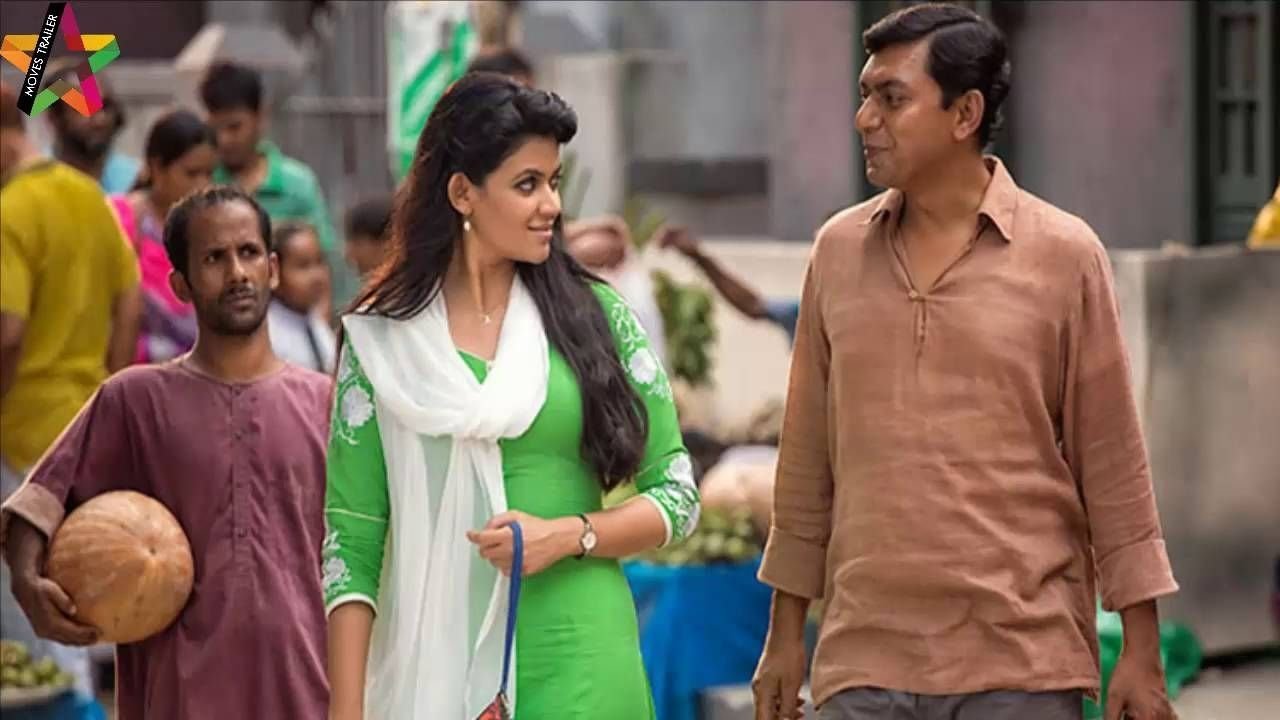
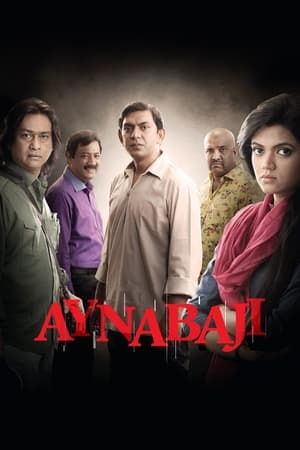
Mirror Game
Mirror Game
2016 • 2h 24min • ★ 7.8/10 • Bangladesh
Directed by: Amitabh Reza Chowdhury
Cast: Chanchal Chowdhury, Masuma Rahman Nabila, Partha Barua, Lutfur Rahman George, Gousul Alam Shaon
Ayna is an actor and the prison is his stage. He slips into the characters of the powerful convicted in exchange of money and take their place in prison. This strange profession is borne out of a society that doesn't give him a chance to follow his passion of acting, but forces him to act in the real life. Falling in love with the girl next door changes his life equation and he decides to end this career with one last performance. But this one takes him too deep in the rabbit hole. The story unfolds on how an underdog survives in a society that is merciless and struggles his way out from the clutch of crime game which he is a part too.
“Mirror Game” is a 2017 psychological thriller film directed by Vijit Sharma and starring Parvin Dabas, Pooja Batra, and Omi Vaidya. The film follows the story of a psychology professor, Jay Verma, who becomes obsessed with a student named Joshua, who appears to be a psychopath.
As Jay delves deeper into Joshua’s mind, he becomes more and more entangled in his web of lies and manipulation, leading to a dangerous game of cat and mouse.
“Mirror Game” received mixed reviews upon its release, with some critics praising the performances and suspenseful plot, while others criticized the pacing and lack of originality. However, the film is notable for its exploration of psychological themes and the use of the mirror as a metaphor for the characters’ inner selves.
Overall, “Mirror Game” offers a unique take on the psychological thriller genre and is worth a watch for fans of the genre.
For more about Bangladesh cinema, you can check out our overview of the best films from Bangladesh and our country-by-country exploration of global cinema.
5. Monpura (2009)
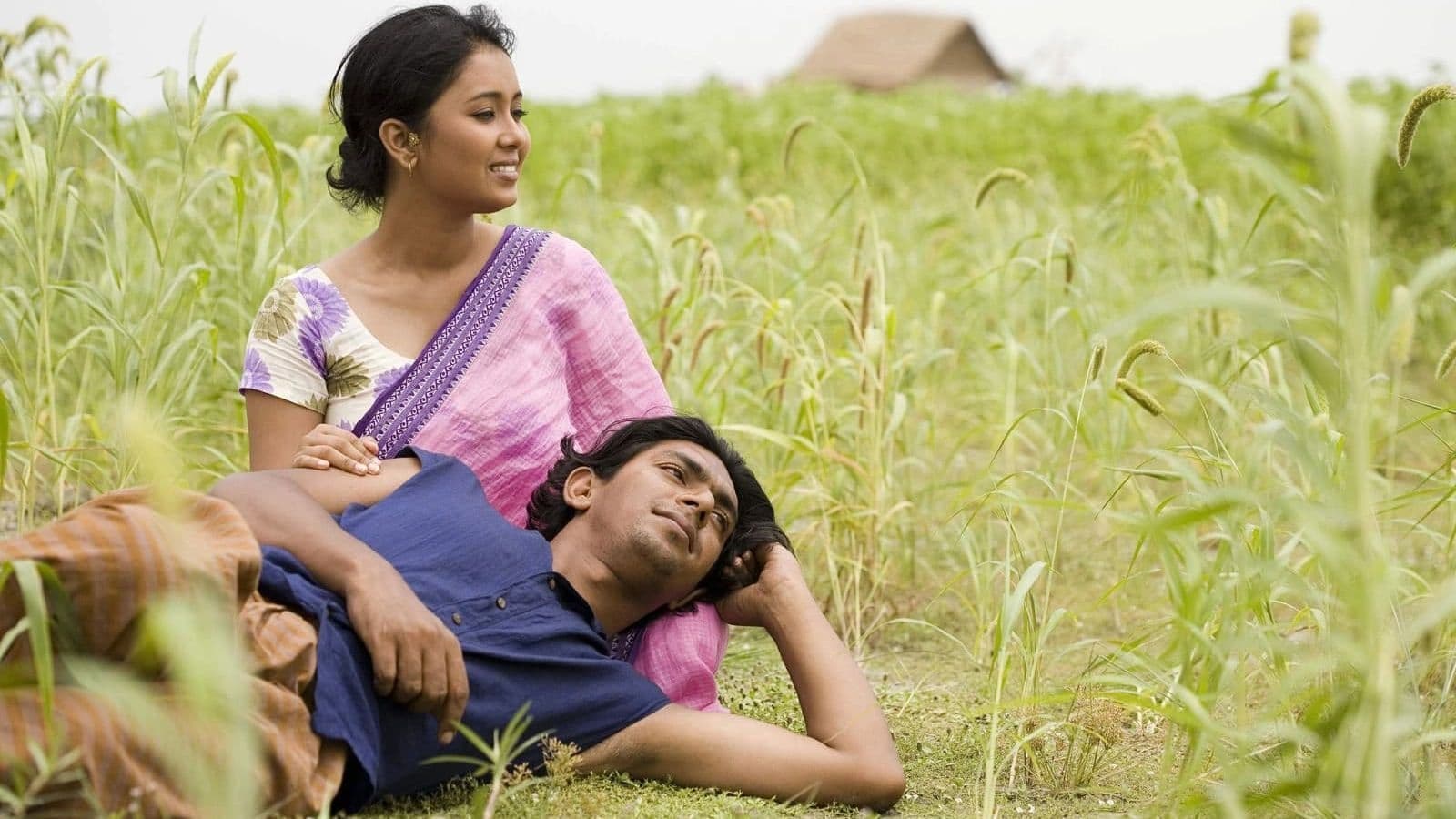
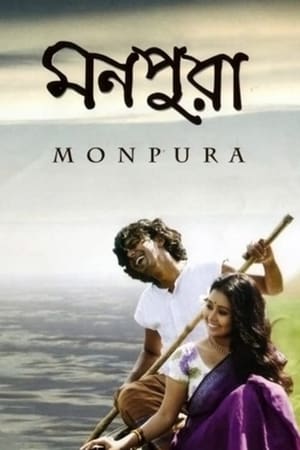
Monpura
2009 • 2h 16min • ★ 7.5/10 • Bangladesh
Directed by: Giasuddin Selim
Cast: Chanchal Chowdhury, Farhana Mili, Fazlur Rahman Babu, Mamunur Rashid, Monir Khan Shimul
A heartbreaking tale of a poor yet honest young man as lies, conspiracies and a horrible betrayal by his rich and influential employer leads his life towards uncertainty.
“Monpura” is a 2009 Bangladeshi film directed by Giasuddin Selim. The film is a romantic drama that explores the themes of love, loss, and redemption. The story follows a young fisherman named Kala (Chanchal Chowdhury) who falls in love with a woman named Pori (Farhana Mili) who has come to the island of Monpura to visit her aunt.
Despite the challenges they face, including Kala’s disapproving father and Pori’s impending arranged marriage, the two lovers embark on a passionate romance.
The film is known for its stunning cinematography, which captures the beauty of the island of Monpura and its surrounding waters. The film’s soundtrack, which features a mix of traditional and contemporary Bangladeshi music, also adds to its emotional impact.
“Monpura” was a critical and commercial success, winning several awards at international film festivals. The film is widely regarded as a landmark of Bangladeshi cinema and has been praised for its performances, direction, and storytelling. It is a must-watch for anyone interested in Bangladeshi cinema or romantic dramas.
6. Joyjatra (2004)
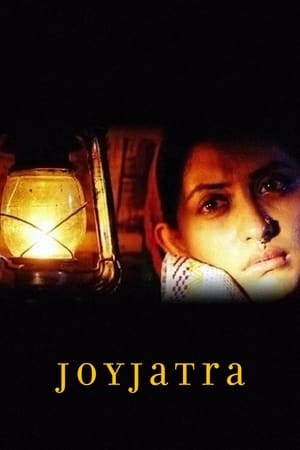
Joyjatra
2004 • 1h 59min • ★ 7.5/10 • Bangladesh
Directed by: Tauquir Ahmed
Cast: Mahfuz Ahmed, Chadni, Humayun Faridi, Azizul Hakim, Abul Hayat
During the Bangladeshi war for independence in 1971, a group of people flee from their villages towards a safe border.
Joyjatra is a Bangladeshi film directed by Tauquir Ahmed and released in 2004. The film is based on the true story of a group of Bangladeshi freedom fighters who worked to overthrow the Pakistani army during the Bangladesh Liberation War in 1971.
The film follows the story of a young man named Shuvo (Shahiduzzaman Selim) who joins the resistance movement against the Pakistani army.
As the war progresses, Shuvo and his comrades face numerous challenges and dangers, including torture and imprisonment.
Joyjatra is known for its depiction of the brutality and violence of the Bangladesh Liberation War, as well as its celebration of the courage and resilience of the Bangladeshi people.
The film has been praised for its historical accuracy, strong performances, and powerful storytelling. It has won numerous awards and has been widely recognized as a landmark in Bangladeshi cinema.
7. Mad_e in Bangladesh (2007)
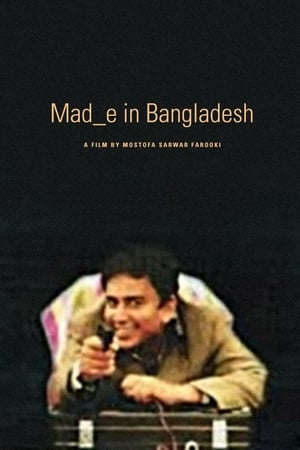
Mad_e in Bangladesh
2006 • 1h 46min • ★ 7.7/10 • Bangladesh
Directed by: Mostofa Sarwar Farooki
Cast: Zahid Hasan, Shahiduzzaman Selim, Tariq Anam Khan, Masud Ali Khan, Amirul Haque Chowdhury
An apparently passive young man comes to Dhaka from a rural area looking for a job and a better life.
“Made in Bangladesh” is a 2007 Bangladeshi film directed by Catherine Masud. The film tells the story of a group of female garment workers in Dhaka, the capital city of Bangladesh, who face challenges and discrimination in their daily lives.
The film explores issues such as workers’ rights, gender inequality, and the exploitation of labor in the garment industry. It sheds light on the harsh working conditions faced by many garment workers in Bangladesh, including long hours, low wages, and unsafe working environments.
“Made in Bangladesh” is noted for its powerful performances and its realistic portrayal of the struggles faced by women in the country. The film has been praised for its social and political commentary and for raising awareness about the plight of garment workers in Bangladesh.
It has been screened at several international film festivals and has won numerous awards, including the FIPRESCI Prize at the Rotterdam International Film Festival.
8. Aguner Poroshmoni (1994)
No poster available
“Aguner Poroshmoni” is a 1994 Bengali film directed by Humayun Ahmed, a prominent Bangladeshi author, dramatist, and filmmaker. The film tells the story of a young woman named Doya (played by Rokeya Prachy), who is forced into prostitution after her father’s death.
The film explores themes of poverty, gender inequality, and the exploitation of women in Bangladeshi society.
The film’s title, which means “spark of fire,” is a reference to the main character’s resilience and determination to break free from the constraints of her circumstances.
The film follows Doya’s journey as she struggles to survive in the harsh world of prostitution and eventually finds redemption through the support of her fellow sex workers and a sympathetic social worker.
“Aguner Poroshmoni” is known for its realistic portrayal of social issues, its powerful performances, and its message of hope and resilience in the face of adversity.
The film won several awards, including Best Film and Best Director at the Bangladesh National Film Awards, and is considered a landmark of Bangladeshi cinema.
9. Amar Bondhu Rashed (2011)
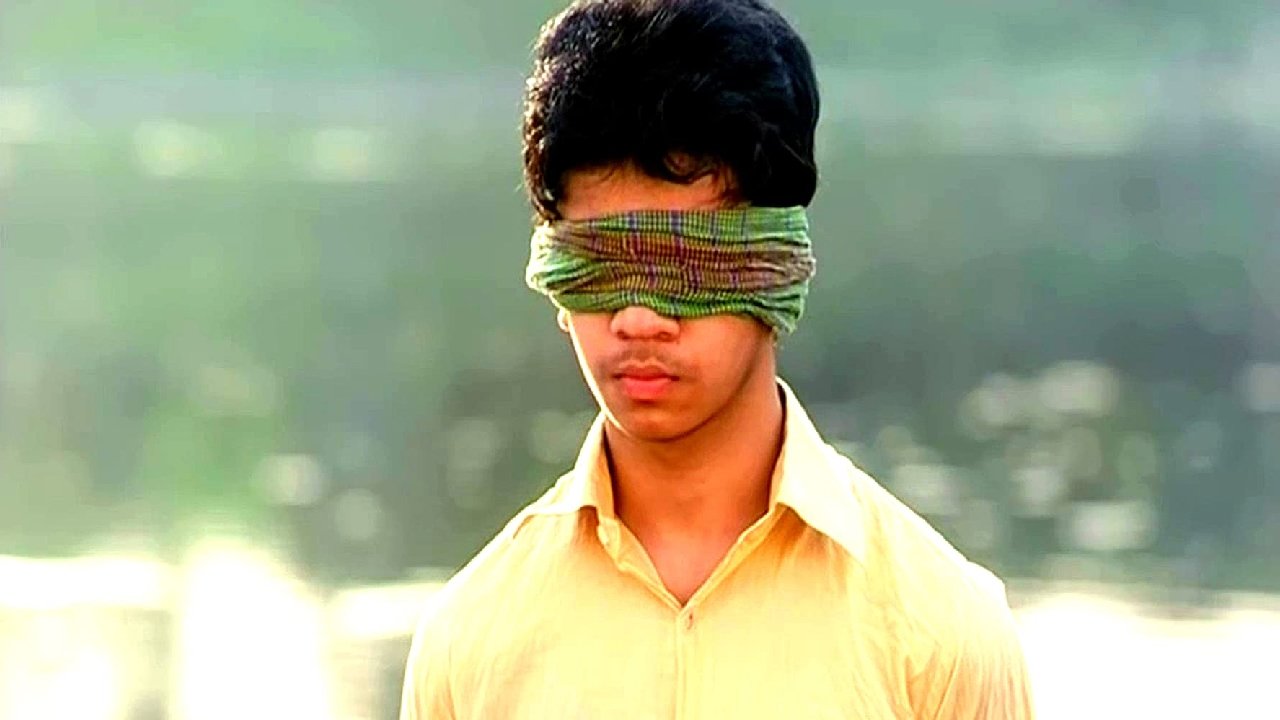
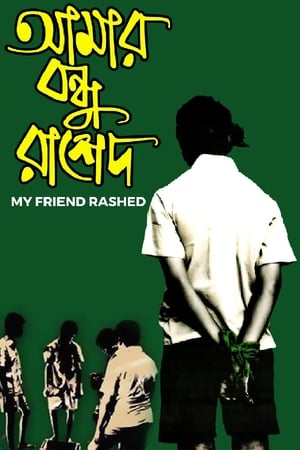
Amar Bondhu Rashed
2011 • 1h 36min • ★ 6.7/10 • Bangladesh
Directed by: Morshedul Islam
Cast: Kaosar Abedin, Chowdhury Zawata Afnan, Pijush Banerjee, Rayan Ibtesham Chowdhury, Inamul Haque
The story of the Bangladesh Liberation War in 1971 as seen through the eyes of a young boy.
“Amar Bondhu Rashed” is a 2011 Bangladeshi drama film directed by Morshedul Islam and based on the novel of the same name by Muhammad Zafar Iqbal.
The film tells the story of a group of schoolboys who become involved in the Bangladesh Liberation War of 1971, and their relationship with their teacher, Rashed.
The film explores themes of patriotism, courage, and sacrifice, and is known for its powerful depiction of the war and its impact on ordinary people.
It received critical acclaim in Bangladesh and abroad, and won numerous awards, including Best Film and Best Director at the Bangladesh National Film Awards.
Overall, “Amar Bondhu Rashed” is a poignant and emotional film that offers a unique perspective on the Bangladesh Liberation War and its impact on the lives of ordinary people. It is a must-watch for anyone interested in the history and culture of Bangladesh.
10. Daruchini Dwip (2007)
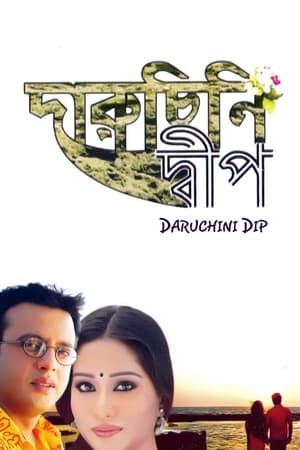
Daruchini Dwip
2007 • 2h 8min • ★ 7.3/10 • Bangladesh
Directed by: Tauquir Ahmed
Cast: Riaz, Mosharraf Karim, Zakia Bari Mamo, Asaduzzaman Noor, Fazlur Rahman Babu
University students aspire to visit a beach named Saint Martin.
“Daruchini Dwip” is a 2007 Bangladeshi film directed by Tauquir Ahmed. The film is based on a novel by Humayun Ahmed and follows the story of a group of people who come together at a remote island restaurant called Daruchini Dwip.
The film explores a range of themes, including love, loss, and the complexities of human relationships. The characters, who come from different backgrounds and have their own unique struggles, are brought together by their shared experiences and their love for food.
“Daruchini Dwip” is known for its beautiful cinematography and its portrayal of the natural beauty of the island setting. The film’s soundtrack, which features a mix of traditional and contemporary Bangladeshi music, also adds to its emotional impact.
The film was a critical and commercial success, winning several awards at international film festivals. It is widely regarded as a landmark of Bangladeshi cinema and has been praised for its direction, performances, and storytelling.
“Daruchini Dwip” is a must-watch for anyone interested in Bangladeshi cinema or films that explore the complexities of human relationships.
3 Characteristics of Bangladeshi Movies
Social Realism: Bangladeshi movies often focus on social issues and portray a realistic depiction of life in Bangladesh. These films tackle various themes such as poverty, corruption, gender inequality, political unrest, and cultural conflicts. The movies aim to shed light on the complexities of Bangladeshi society and bring awareness to important issues.
Melodrama: Bangladeshi movies often include melodramatic elements such as over-the-top acting, exaggerated emotions, and dramatic music. These elements help to create an emotional connection with the audience and heighten the impact of the story. The movies also often include romantic storylines and family dramas.
Music: Bangladeshi movies are known for their vibrant and melodious soundtracks. The music often includes a fusion of traditional and modern elements and is a significant part of the movie experience. Bangladeshi movies often feature musical interludes and dance sequences that are an integral part of the storytelling.
3 Reasons To Watch Bangladeshi Movies
Unique cultural perspective: Bangladeshi movies offer a unique perspective on the culture and society of Bangladesh. These films explore a wide range of themes and issues, from the challenges of poverty and inequality to the joys of love and family. By watching Bangladeshi movies, you can gain a deeper understanding of this vibrant and diverse country and its people.
Talented filmmakers and actors: Bangladesh has a rich tradition of filmmaking, with many talented directors, writers, and actors working in the industry. By watching Bangladeshi movies, you can discover new voices and perspectives in world cinema, and appreciate the skill and creativity of these artists.
Social and political relevance: Many Bangladeshi movies tackle important social and political issues, such as poverty, corruption, and human rights. By watching these films, you can learn more about the challenges facing Bangladesh and its people, and gain a deeper appreciation for the struggles and triumphs of this dynamic country.
Best Bangladeshi Movies – Wrap Up
In conclusion, Bangladeshi cinema has a rich history and has produced several notable films over the years. From heartwarming dramas to hard-hitting social commentary, Bangladeshi cinema has something to offer for everyone.
Some of the best Bangladeshi movies include “Monpura” (2009), a love story set in a remote village; “Daruchini Dwip” (2007), a drama that explores the lives of several characters in a small island community; “Shimana Periye” (1977), a classic film that explores the themes of poverty and social injustice; “Bachelor” (2004), a dark comedy that tackles the complexities of modern relationships; and “Shyamol Chhaya” (2004), a touching drama about family relationships and sacrifice.
These films, and others like them, have helped to put Bangladeshi cinema on the map and have earned the country a reputation for producing thoughtful and engaging films. For anyone interested in exploring the world of Bangladeshi cinema, these films are a great place to start.




